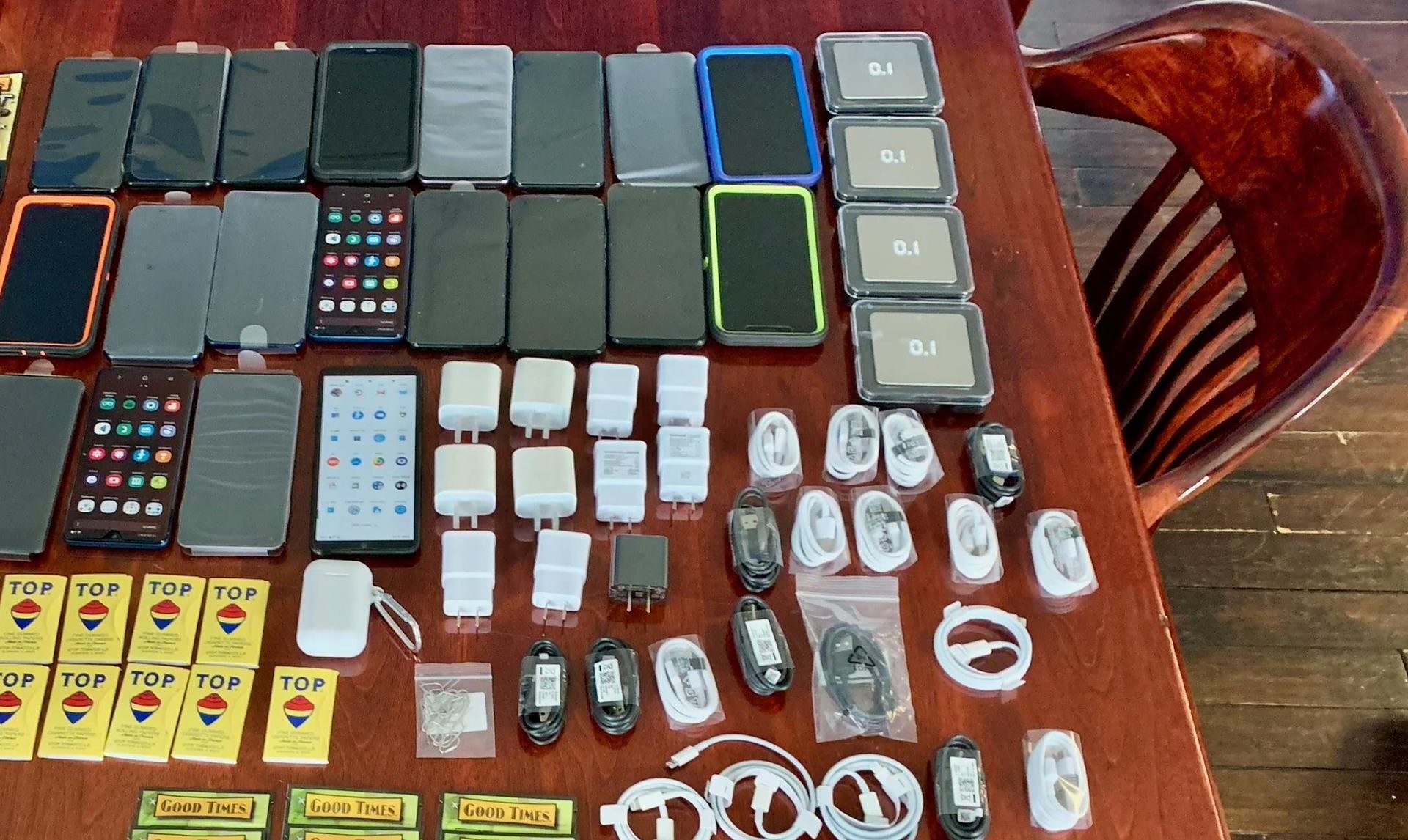|
Getting your Trinity Audio player ready...
|
Federal Conviction Highlights Need For Prison Cell Phone Jamming
“Prisoners (are) using contraband cellphones from behind state prison fences to continue committing crimes.”

5 comments
Open Question to FITS: does the legal definition of jamming include the mere usage of non- energized, “passive” physical materials that can block a cell phone signal, rather than using active, energized technology to emit a jamming signal? I ask because it would seem that the former does not implicate the federal law, while the latter does. Maybe you have an expert who can tell us.
No. The passive, non RF, means you describe is outside of the concern of the FCC.
Then how will I tweet to all my faithful followers here in the near future?!?!?!?
#ManyAreGettingArrested
Ol’Foghorn ought to just declare this a health emergency and jam the signals, tell the Gubamint boys to pound sand and stay out of state bidness – it worked during Covid…
Seriously, it’s 2023. There are many ways to knock the signals down that the FCC has no say over, from an “after built” faraday cage to embedding blocking materials in the building as it goes up. The cage system would be fairly expensive to retrofit so you would need to limit it to McCormick, Broad River, Kirkland (the Close Security Facilities)… The one downside is that most of these techniques will also block most of the RF frequencies used by the guards and response teams outside of a given block.
I’d just go with the jammer and laugh at the Government while they attempted to defend their position in court. Low power jammers can be tuned and “focused” so that they would only minimally affect the surrounding area.
One last thought – why do lawmakers think Ol’Shifty Eye Shannon, and his ilk, would care about a law prohibiting him/them from having a cell phone? He’s already in prison, apparently, he cares little about the law…